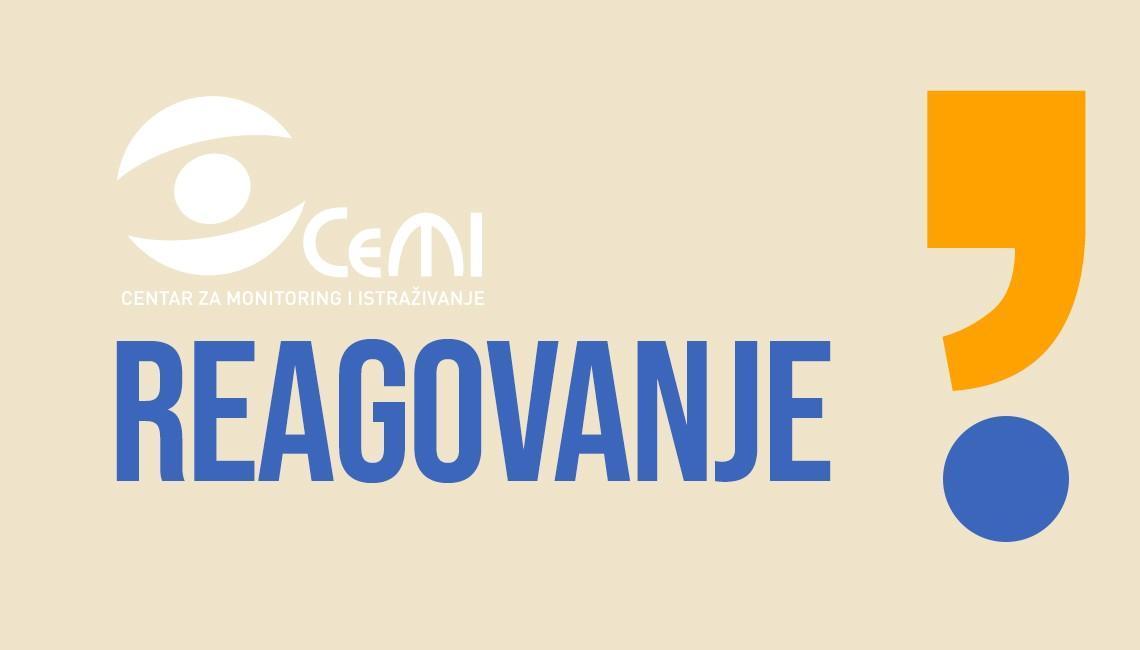Institute for the Execution of Criminal Sanctions (UIKS) did not allow a representative from the Centre for Monitoring and Research (CeMI) to visit detainee Milivoje Katnic, the former Chief Special Prosecutor, today, despite having approval from the President of the High Court in Podgorica.
According to Article 183, Paragraph 3 of the Code of Criminal Procedure, with the approval of the President of the High Court in Podgorica, a CeMI representative attempted to visit detainee Milivoje Katnic, the former Chief Special Prosecutor, at 1 PM today.
The permit for the visit was issued by the High Court today, allowing it to be used only today, May 13 of the current year. However, after the CeMI representative approached the Investigation Prison, the duty officer, following consultations with the Administration, informed that the Administration did not permit the visit.
We regret the actions of the UIKS Administration, which refused to comply with the decision of the President of the High Court.
Such actions by the Investigation Prison's Administration increase concern and raise suspicion about the condition and circumstances in which detainee Katnic is held.
CeMI calls on the authorities to allow the CeMI observer's visit in accordance with the High Court's decision and to enable us to determine the condition and circumstances in which detainee Katnic is held. We also demand a response from the Minister of Justice.
The visit is not carried out at the request of the detainee but based on Article 183, Paragraph 3, which allows domestic organizations dealing with human rights to inspect the conditions in which the detainee is held.
As a non-governmental organization that has been conducting activities monitoring court proceedings for many years with the aim of improving respect for human rights in the judicial system of Montenegro, we believe it is imperative to provide detainees with adequate medical care and living conditions.
As an NGO, we will continue to monitor this case despite the behavior of the UIKS administration and their refusal to comply with the court decision.
